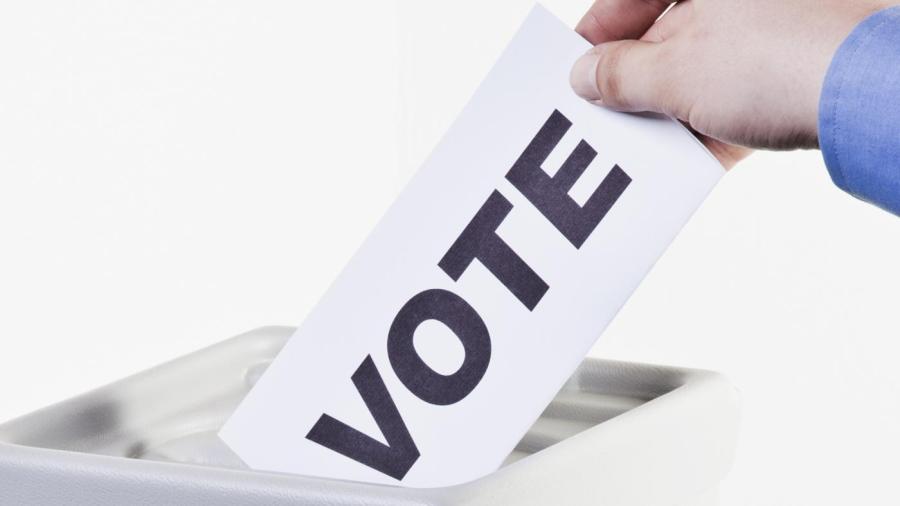What Is the Definition of Individual Rights?

Individual rights is defined as the freedom to act, work, and behave without retribution bestowed upon members of an organization through legal, regulatory and societal standards, according to BussinessDictionary.com. Individual rights are sometimes natural, meaning the right exists just by virtue of being born; an example is the right to life.
Individual rights can be constitutional rights, such as those liberties granted to American citizens in the U.S. Constitution and its Bill of Rights. In the USA, individual natural rights guaranteed by the U.S. Constitution include personal security, personal liberty, such as the right to practice one’s religion and personal property rights.
Human rights are another name for individual natural rights. Human rights recognize the dignity inherent in every person as a human being, regardless of his or her particular nationality, race, ethnicity, religion, gender, sexuality, class or any other group affiliation or characteristic. The concept of human rights asserts that the rights of an individual have primacy over the rights of institutions or groups.
Individual rights are often sub-classified as civil, political, economic, social and cultural rights.
Individual rights can be positive or negative. Positive rights oblige action, whereas negative rights oblige inaction. Individual civil and political rights typically are negative rights, while social and economic rights tend to be positive.





